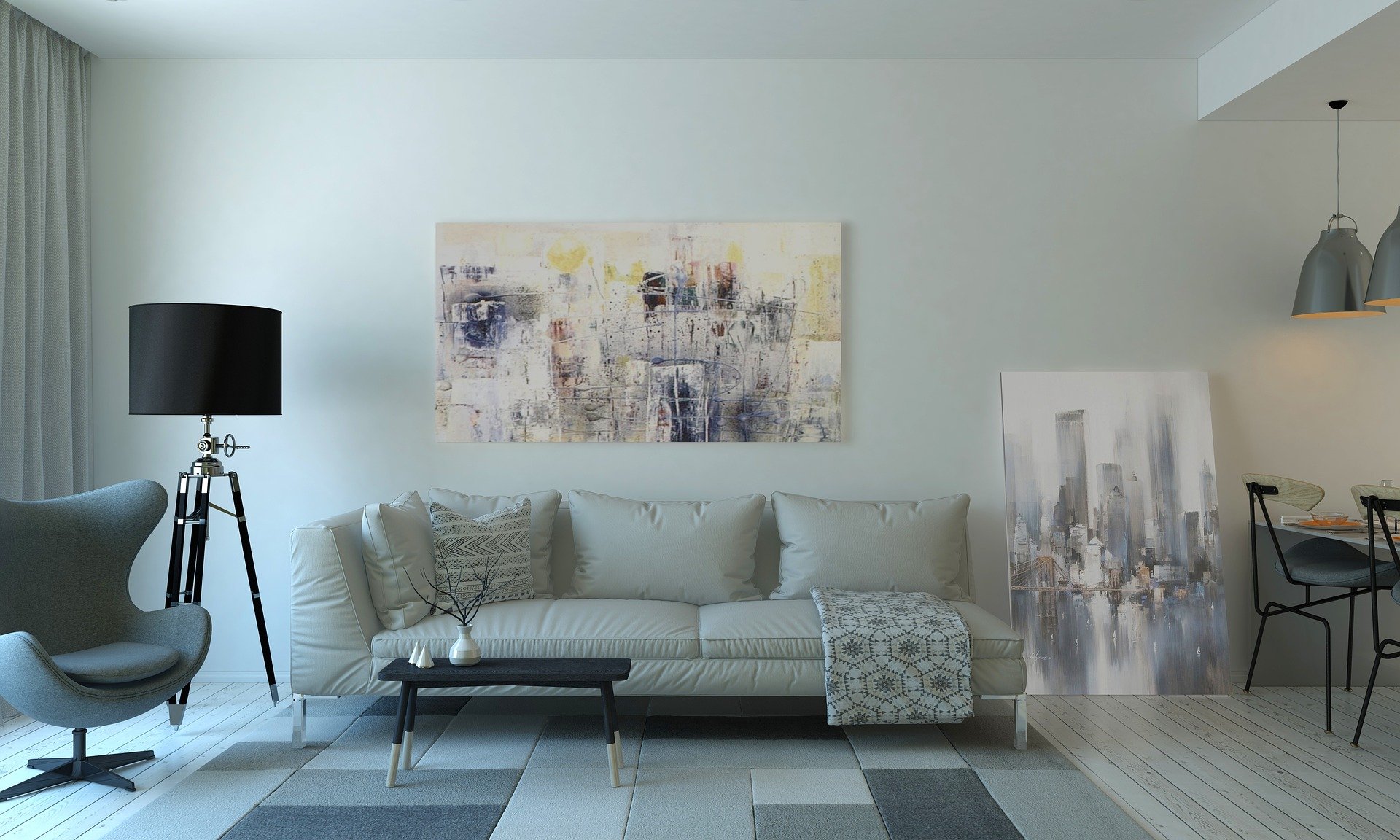Helping Realtors Swiftly Edit Virtual Tours from 360° Images - Anax
Date:
Changed on 19/04/2023

When it comes to renting or selling properties, realtors worldwide have started to shift away from on-location visits.
Instead, clients are now suggested to take a virtual tour first. By checking online what an apartment looks like and ambling through the virtual tour, many people make a visual assessment right away, letting know whether or not they are interested in going any further. This significantly reduces the number of those who will physically go visit the place. In the process, it saves a great deal of time. And some money too.
However, real estate agencies have come to realize that the quality of the virtual tour is a key factor in this trend. Instead of a static jump from one 360° image to another, being able to move freely within the 3D building, identifying or adding furniture automatically in the scene, are features that could greatly improve the experience, and thus the attractivity of the flat. And that's where the Anax project comes into play.
“The nature of omnidirectional images is completely different from usual images, points out Anax co-founder Navid Mahmoudian. They are as if they were on a sphere. And when you try to represent them in 3D, it causes a lot of distortions.The closer you get to the poles, the more things appear distorted. During my PhD and my post-doc within the Sirocco research team at Inria, I came up with an algorithm that would work directly on the sphere so that you wouldn't have this distortion problem anymore. The algorithm would function as a translator of existing tools used for regular images, enabling them to work on 360° images.”
This research finding soon motivated the research engineer to contemplate creating a company that could bring the new technology to the industry. Not long later, fellow AI expert Simon Evain joined the project. At the time, he was completing his PhD in the same team and he has complementary expertise in 3D reconstruction of the scene using a few images. The project was named Anax after the emperor dragonfly, a species that happen to have a 360° view. In the fall of 2021, it was accepted within the Startup Studio, Inria's deep-tech incubator.
“We spent the first six months there working on finding out which market should be addressed first. Through a series of discussions with real estate agencies, we figured that this industry would be the most interested in our tool. Taking 360° images as an input, our software leverages Artificial Intelligence to build a 3D reconstruction of the environment.
And not only that. It can also recognize objects in the scene: where are the tables, the chairs and so on.” Incidentally, this inventory can then be used to automatically fill the details in a property description for real estate ads. “But it goes even further. Once you have identified the objects, you can manipulate them in the scene. For instance, you can move furniture, change the lighting, propose a decoration.”
The feature comes handy in the context of the so-called virtual home staging. “When an apartment is empty, it is difficult for the customers to understand the layout of the premises and make a judgment. That's why real estate agencies like to virtually furnish the place in order for their clients to get a better understanding” and close deals quicker. By the same token, virtual home staging is also of interest to interior designers who can thus show people what their property would like after a home remodel.
With regard to object identification, Evain's PhD was instrumental as it dealt with extracting as much information as possible from one single image. But it actually also brought something else. “At the time, my network had to be very light
weight. Which was quite a constrain because AI is very energy intensive. It implies a huge number of computations and it is very long. I thought a lot of computations were actually unnecessary. It was like using a sledgehammer to kill a fly. In other words: using a plethora of means to achieve a task that could be solved much more easily.” Consequently, the Anax software will be able to deliver 3D reconstruction, object identification and virtual staging in record time while being computationally efficient.
When will this solution be available? “We will have a demonstrator pretty soon and a first Minimum Viable Product by the end of summer when we are due to leave Inria's Startup Studio, Mahmoudian says. By the way, my two PhD supervisors, Aline Roumy and Thomas Maugey, are accompanying Anax and are scientific advisors of the project.”
And next? “We have gathered a community of about 15 real estate players in several European countries, Evain explains. Some are interested in co-constructing this solution with us. Ideally, we would like to bring on board people who can help us in the business part of the project and contribute with their knowledge of the market. It will help us the day we go knocking on investors' door.”
Titre
Visuel

Titre du lecteur
Portrait of Navid Mahoudian
Fichier audio
Audio file